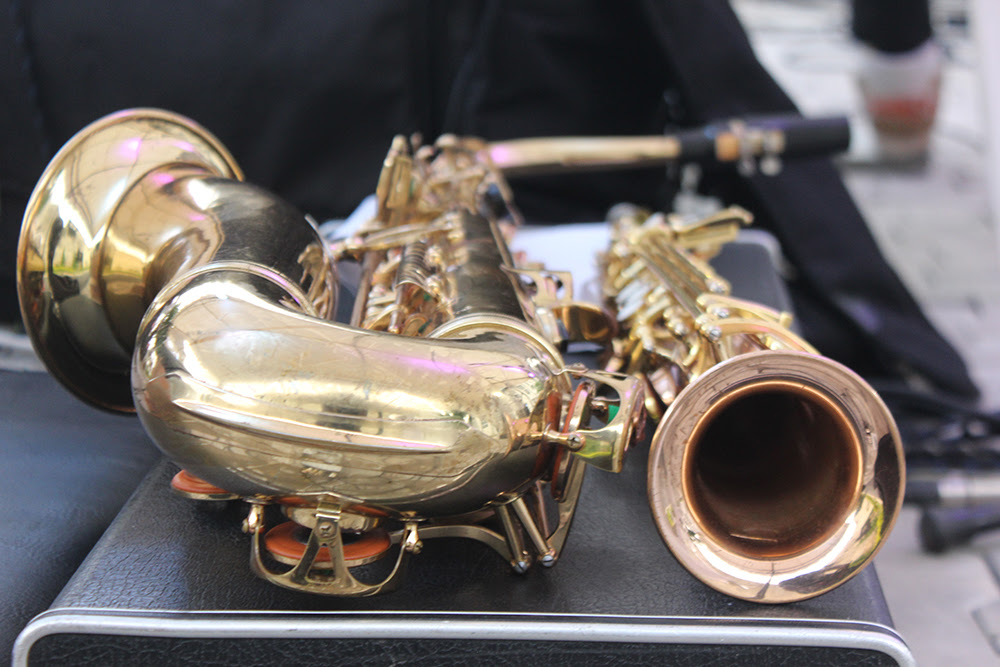Every week, the editors of The Paris Review lift the paywall on a selection of interviews, stories, poems, and more from the magazine’s archive. You can have these unlocked pieces delivered straight to your inbox every Sunday by signing up for the Redux newsletter.

Photo: Marcelo Noah, CC by 2.0 via Wikimedia Commons.
This week at The Paris Review, we’re highlighting three archive pieces written by authors who appear in the Spring issue. Read on for Billy Collins’s Art of Poetry interview, an excerpt from Rachel Cusk’s novel Outline, and Nathaniel Mackey’s poem “Song of the Andoumboulou: 145.” And after you finish those, make sure to delve into the new issue with Billy Collins’s poem “On the Deaths of Friends,” Rachel Cusk’s Art of Fiction interview, and Nathaniel Mackey’s Art of Poetry interview.
If you enjoy these free interviews, stories, and poems, why not subscribe to The Paris Review and read the entire archive? You’ll also get four new issues of the quarterly delivered straight to your door.
Billy Collins, The Art of Poetry No. 83
Issue no. 159 (Fall 2001)
The basis of trust for a reader used to be meter and end-rhyme. Now it’s tone that establishes the poet’s authority. The first few lines keep giving birth to more and more lines. Like most poets, I don’t know where I’m going. The pen is an instrument of discovery rather than just a recording implement. If you write a letter of resignation or something with an agenda, you’re simply using a pen to record what you have thought out. In a poem, the pen is more like a flashlight, a Geiger counter, or one of those metal detectors that people walk around beaches with. You’re trying to discover something that you don’t know exists, maybe something of value.
Outline: Part 1
By Rachel Cusk
Issue no. 207 (Winter 2013)
All this time, the air hostess had been advancing slowly along the aisle, pushing a metal trolley from which she was dispensing plastic trays of food and drink. She had now come to our row: she passed along the white plastic trays, and I offered one to the boy on my left, who lifted up his gaming console with both hands so that I could place it on the folded-down table in front of him. My right-hand neighbor and I lifted the lids of ours, so that tea could be poured into the white plastic cups that came with the trays. He began to ask me questions, as though he had learned to remind himself to do so, and I wondered what or who had taught him that lesson, which many people never learn.
Song of the Andoumboulou: 145
By Nathaniel Mackey
Issue no. 214 (Fall 2015)
The morning’s horn extended a palmful of
….sand. I felt a dry sprig on my face, frozen
..moment, moment’s omen, sleep’s curtain
…………………………………………………………….kicked
….on top. I’d forgotten more about time than
……I could know I got up knowing, Cold Duck
..time the time I knew best, head bad beyond
………………………………………………………………..all
….hope. Hand spread, sand uncupped, hand
extended …
If you like what you read, get a year of The Paris Review—four new issues, plus instant access to everything we’ve ever published.
from The Paris Review https://ift.tt/3aHtH1r


Comments
Post a Comment